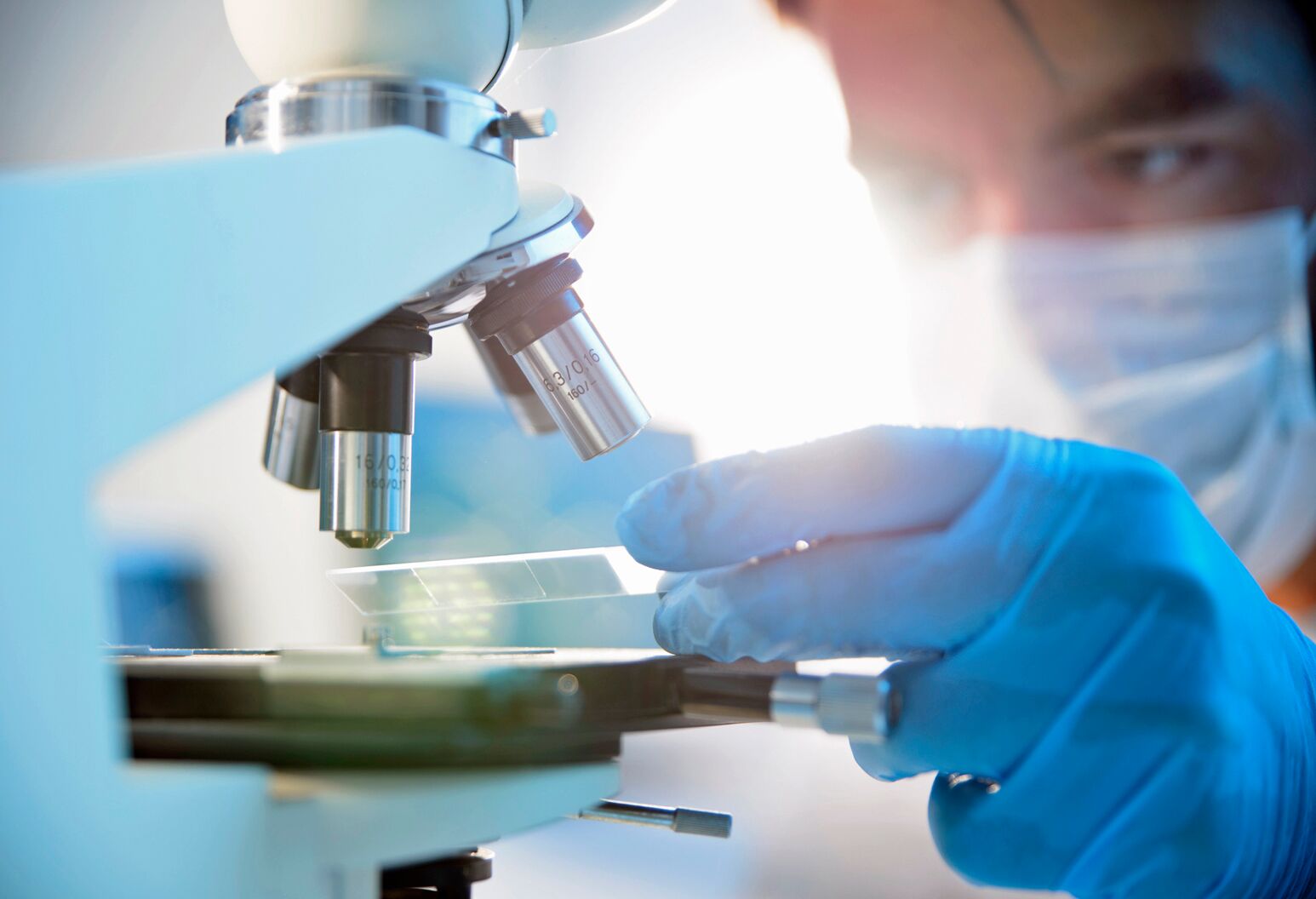Our representatives are available to schedule your appointment Monday through Friday from 9am to 5pm.
For a Northwell ambulance, call
(833) 259-2367.

Since coronavirus disease 2019 (COVID-19) emerged, researchers and doctors have suggested that the infection provokes a destructive immune response known as a “cytokine storm” that might lead to dysfunction of the heart, kidneys, lungs, and ultimately death. However, new research from the Feinstein Institutes for Medical Research indicates that COVID-19 does not cause cytokine storms. The findings suggest that other factors should be examined to explain the virus’ impact on organ function.
A group of scientists, including Daniel E. Leisman, MD, MSCE, and Lukas Ronner, MD, led by Clifford S. Deutschman, MS, MD, MCCM, a professor in the Institute of Molecular Medicine at the Feinstein Institutes, recently published their findings in The Lancet Respiratory Medicine. The study, which analyzed data from 25 research studies between November 1, 2019 and April 14, 2020, revealed that cytokine levels in both severely and critically ill COVID-19 patients were profoundly lower than what was observed in other inflammatory syndromes. The results suggest a potential alternate course of treatments as many clinicians have regularly prescribed anti-cytokine therapies to treat COVID-19.
“While a great deal has been written about the immune response in COVID-19, much of it is not data-driven,” said Dr. Deutschman, senior author of the study. “Anti-cytokine therapies are being used to treat COVID-19 because of a belief that levels of these immune mediators are highly elevated. We wanted to directly compare COVID-19 to other inflammatory illnesses to see if that belief was justified and if the current treatments are appropriate.”
The data pool compared cytokine and other inflammatory mediator levels in patients facing a variety of immunocompromised diseases:
The results show the cytokine response in ARDS was 12-fold higher than what was seen in those with COVID-19, compared to 25 times higher with sepsis and 85 times higher with CRS. The findings suggest clinicians should exercise restraint in administering anti-cytokine therapies for COVID-19 until randomized evidence is available.
“Our understanding of the cytokine responses in COVID-19 continues to evolve,” said Kevin J. Tracey, MD, president and CEO of the Feinstein Institutes. “Dr. Deutschman’s team findings show that a cautious approach is needed to potentially manipulate cytokine levels with drugs.”
The research was conducted in collaboration with researchers and doctors from the Icahn School of Medicine at Mount Sinai, the University of California, San Francisco School of Medicine, the Fred Hutchinson Cancer Research Center, and the Perelman School of Medicine at the University of Pennsylvania.
Our representatives are available to schedule your appointment Monday through Friday from 9am to 5pm.
For a Northwell ambulance, call
(833) 259-2367.